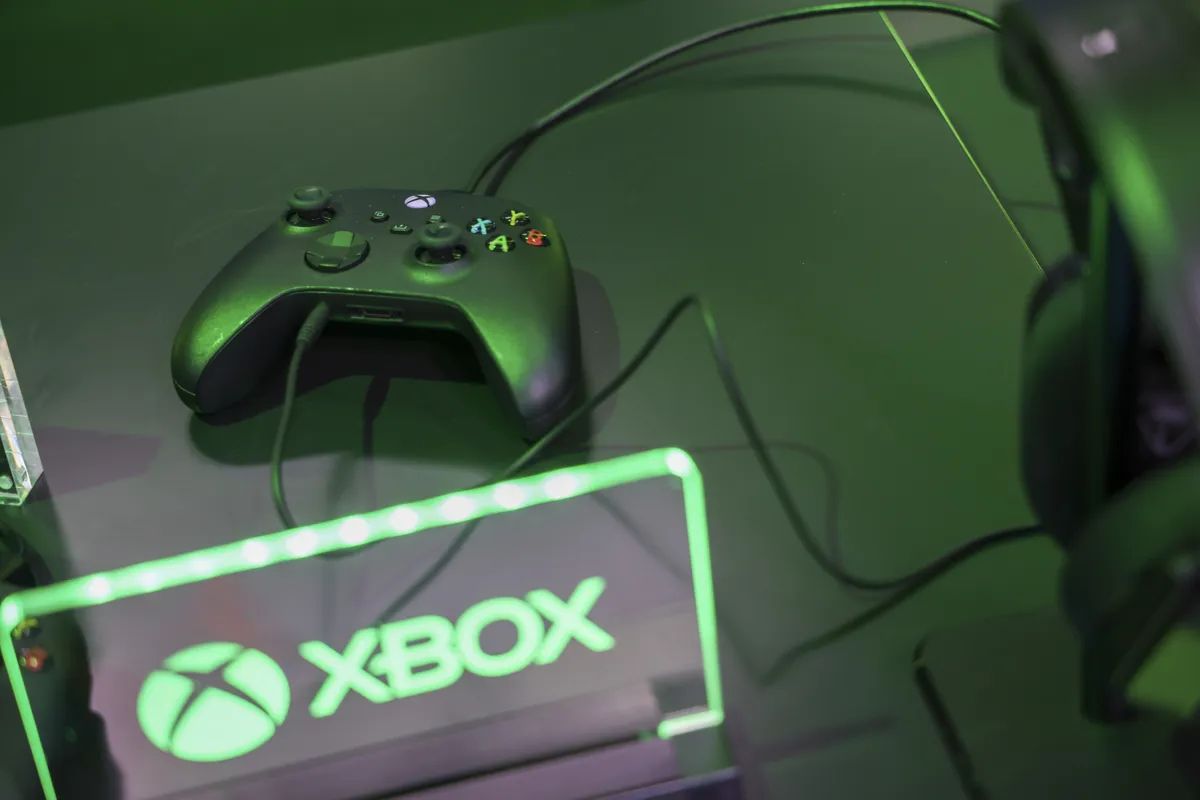Gaming is often treated as its own isolated industry, much like film or music, yet this segregation igneous its role as a core cultural component of the wider economy.
A new report, published by Big Games Machine, examined the relationship between gaming audiences and those who are engaged with ‘geek culture.’ That is, consumers of hobbies that come under this umbrella, such as collectibles and merchandise or science-fiction and fantasy literature. The report finds that there is significant overlap between gaming and geek culture, and that the former might even lead to greater spending in the latter.
Gaming’s Role in Geek Culture
To many people, this link might be entirely unsurprising – if someone enjoys a game, the chances are they are more likely to want to look at merchandise for that game, or read a book that’s narratively similar. Therefore, to see that the report details how much spending increases in these areas when it comes to gamers versus non-gamers affirms the former’s role in the economy.
However, what’s arguably more interesting is the individual differences within these figures. Among the respondents, it’s shown that women are more likely to spend money on collectibles, while men are more likely to engage with graphic novels and trading card games.
It’s also worth noting how important time spent gaming is as a factor here. While it’s easy to lump ‘gamers’ together for the sake of simplification, those who spent 20+ hours a week playing games compared to 1-4 were significantly more likely to be interested in sci-fi/fantasy literature and collectibles.
How Can This Research Be Applied?
There are some insights which feel as though they could translate into strategy for some businesses – like the knowledge that those who play Nintendo games are most likely among gaming audiences to be interested in physical merchandise, for example. In addition to this, it might also inform developers as to which kinds of games that they develop for certain platforms; for example Steam Deck players were shown to not only be the most likely to support Kickstarter projects, but they also seemed to favour anime and sci-fi/fantasy literature compared to players on other platforms.
It could also help those who were looking to launch merchandise or supplemental material around a game that they develop. If a studio can get a better idea of what kind of merchandise will do well with their target audience, they might be in a better position to succeed or know what to avoid investing in.

